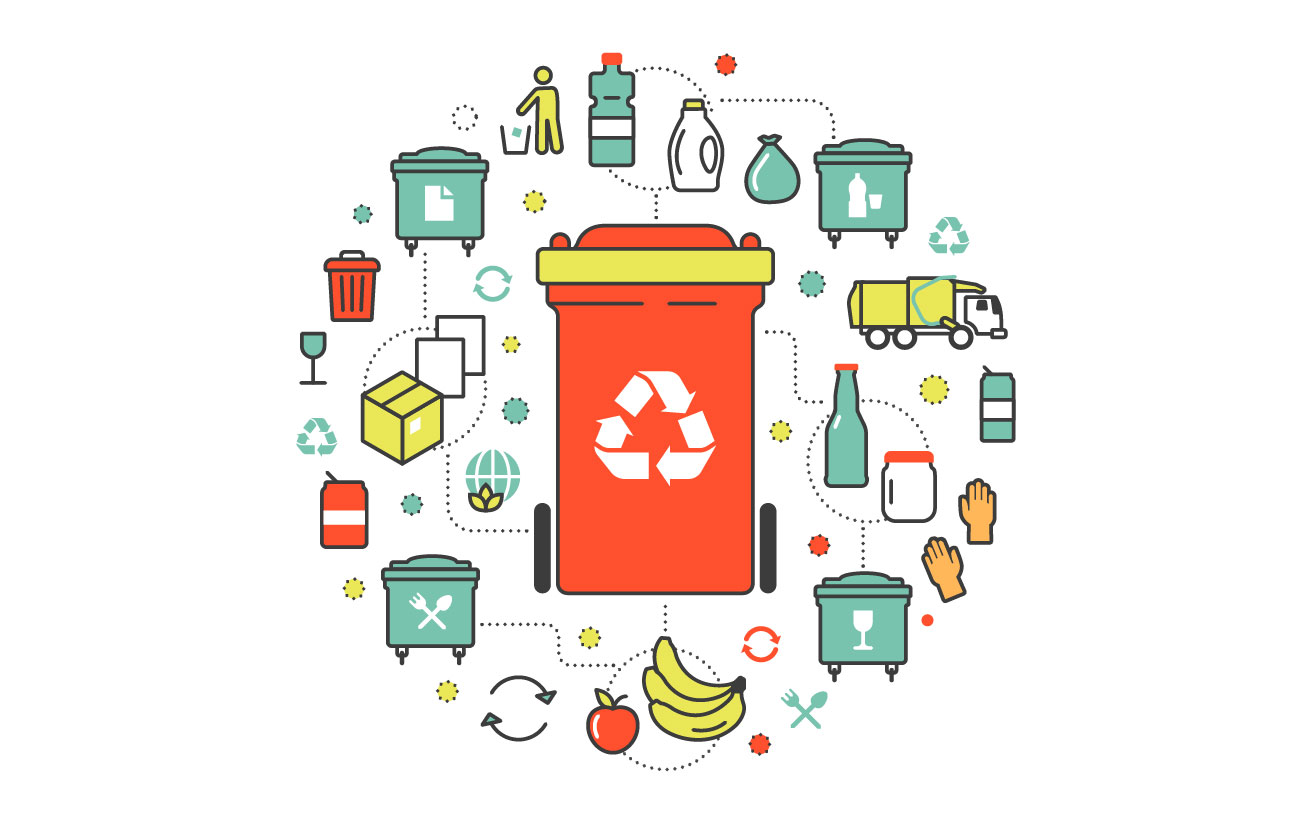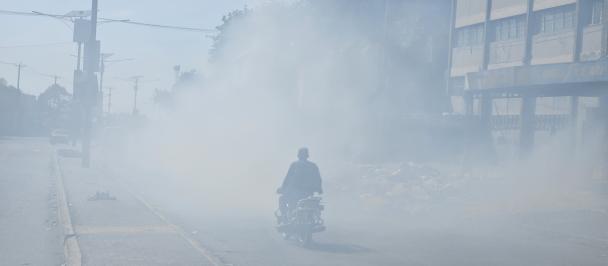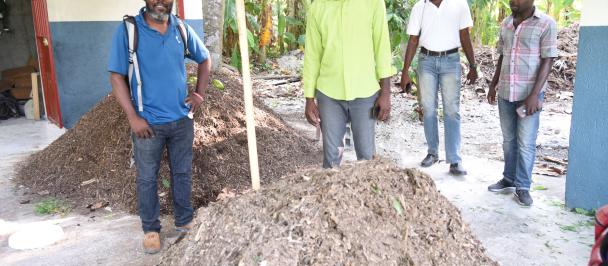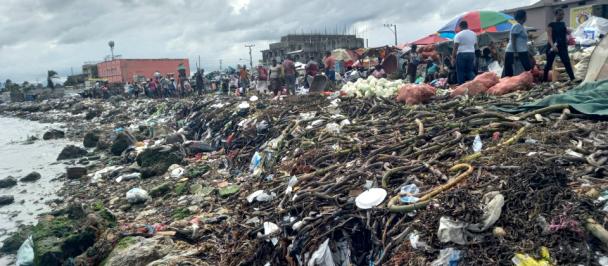By Mickens Mathieu, UNDP Haiti AccLab Head of Exploration
Five measures to encourage source sorting of solid waste in Haiti
14 décembre 2021
Photo: AdobeStock
To improve solid waste management and recovery in Haiti, source sorting must be integrated into the habits and customs of households and national institutions. Solid waste sorting has beneficial effects on job creation and economic opportunities for actors in the formal and informal sectors. It will also have an impact on the improvement of the quality of the environment, the living environment, and the health of the population. However, the simple actions leading to waste sorting do not happen by chance. They are largely influenced by a set of individuals, family, and structural factors. This is, in essence, one of the most important conclusions drawn during workshops held in July 2021 to exchange ideas and reflect on the situation led by the Haiti Innovation Acceleration Lab with the participation of specialists, project leaders and other stakeholders.
Aware of all these impacts, the Haitian government has formulated in the Strategic Development Plan of Haiti (SDPH) a series of measures to be implemented in order to ensure the strengthening of management systems, recovery (recycling, reuse, resale), and the development of the solid waste collection market in the country. Initiatives aimed at raising awareness, educating the public, and setting up solid waste management databases are also planned. In addition to this public policy documents, Haitian authorities have also made international commitments to work towards a better management and recovery of solid waste in the country. Among the most recent are the 2030 Agenda for Sustainable Development and the Paris Agreement (See Nota Bene).
The United Nations Development Program (UNDP), through the Innovation Acceleration Laboratory, wishes to continue the support provided to the Haitian government in order to implement all of its commitments in improving the living conditions of the population. The Laboratory wishes to share with the national population the following reflections on the measures to be implemented in order to promote the source sorting of solid waste in Haiti.
- Acting on the laws and the standards
The Haitian state can enact laws requiring households, institutions, and other waste producers to sort waste at source, failing to do so would be subject to penalties. The regulatory framework can also take into account measures to encourage and support all actors involved in the production, collection, transportation, treatment and recovery of solid waste throughout the country. Above all, these measures should be really applicable at the level of the municipalities, taking into account their specific realities, for example, the size, the density and the standard of living of the population.
- Make available and accessible appropriate infrastructures, materials, and spaces
To ensure source sorting, waste producers must have storage space for recyclable and non-recyclable items in their community or immediate environment. In addition, they need containers in which they can easily store waste according to their nature: plastic, organic, metal, glass. If it is true that precarious neighborhoods or areas of the country may find it more difficult to afford these spaces and equipment, it is not impossible to apply them. This decision will require reflection in finding other methods and strategies better adapted to these specific contexts.
- Encourage the creation of solid waste collection and recovery companies
These companies can be private, public or community based. The presence of well-equipped companies offering quality services is a factor that can encourage waste producers, households, institutions and industries, to separate their waste, knowing that it will be collected, purchased, transported and recovered (recycling, composting, reuse) by the municipalities and private companies in the area.
- Inform and educate the population
The population, in its different components, needs to be informed and sensitized to develop responsible and conscious behaviors related to source sorting and solid waste management in general. The modules and messages prepared for this purpose can consider the following elements: a) why sort, b) how to sort, c) recyclable and non-recyclable products, d) necessary materials, e) legal framework, sanctions, and solid waste management. These modules and messages should be targeted at men and women, young and old, and people living in urban and rural areas of the country. They should, as much as possible, use the image and voice of all these actors. In the same vein, training related to solid waste management can be integrated into school curricula. Households and young people can also be involved in developing and participating in community organizations working on waste management and environmental protection in general.
- Improving the living conditions of households
It is likely that people living in poverty and vulnerability have a very low willingness to sort solid waste or to engage in environmentally sound waste management. This may be due to the fact that they devote their scarce resources on basic needs such as food, clean water and health care, among others.
The improvement of the living conditions of households assumes that they will be able to set aside resources that can be allocated to waste sorting. This includes, for example, the purchase of different colored garbage bins, the provision of space and the purchase of collection services. The improvement of the living conditions of the households requires the improvement of the educational level of the population, the reduction of the unemployment rate and the evolution of the dynamism of the labor market. These conditions are essential for youth and working-aged people to create and seize economic opportunities.
Nota Bene:
Regarding the 2030 Agenda for Sustainable Development, SDG6 on water and sanitation management and access, SDG 11 on resilient and sustainable cities and SDG 12 on sustainable consumption and production can be mentioned. Haiti has also joined the Paris Agreement, from which the country has committed to take measures to better manage natural resources and respond appropriately to climate change.

 Locations
Locations




